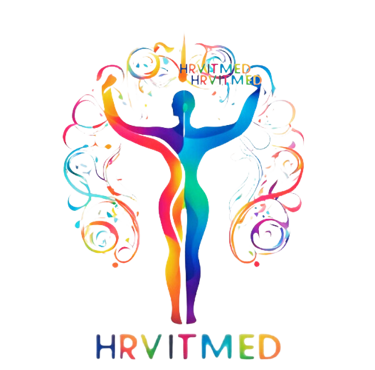Professional First Aid suppliers
FAQ for First Aid
1、what is the best approach to lowering the risk for infection when giving first aid care?
First aid steps to reduce the risk of infection:
Wash Hands: Wash hands thoroughly with soap and water or use an alcohol-based sanitizer.
Wear gloves: Use disposable gloves to avoid cross-contamination.
Clean the wound: Gently rinse the wound with water or saline.
Apply antiseptic: Apply an antibacterial antiseptic solution to the wound.
Cover the wound: Cover the wound with a sterile dressing to prevent contamination.
Avoid direct contact: Do not touch the wound directly with your hands.
Dispose of waste properly: Dispose of used gloves and dressings in a sealed bag.
Watch for signs of infection: Watch for signs of infection such as redness, swelling and fever and seek medical help if necessary.
These steps can effectively reduce the risk of infection.
2、How can knowing common first aid skills help prevent infection and facilitate the healing process?
Knowing common first aid skills is crucial for several reasons:
-Immediate Care: Promptly cleaning and dressing a wound can prevent bacteria from entering, reducing the risk of infection.
-Proper Techniques: Understanding how to apply antiseptics and dressings correctly minimizes trauma to the tissue and promotes a better healing environment.
-Recognizing Signs: Being aware of infection signs (redness, swelling, pus) allows for early intervention, which can prevent complications.
-Reduced Anxiety: Knowledge of first aid can decrease anxiety in emergency situations, allowing for more effective and calm responses.
-Preventing Complications: First aid skills can prevent minor injuries from becoming serious, thus facilitating a quicker and smoother healing process.
-Education and Awareness: Sharing first aid knowledge with others can promote safer practices in the community, leading to fewer infections and better overall health outcomes.
Overall, being skilled in first aid not only aids in immediate response but also contributes significantly to long-term recovery and infection prevention.
© 2024. All rights reserved.
